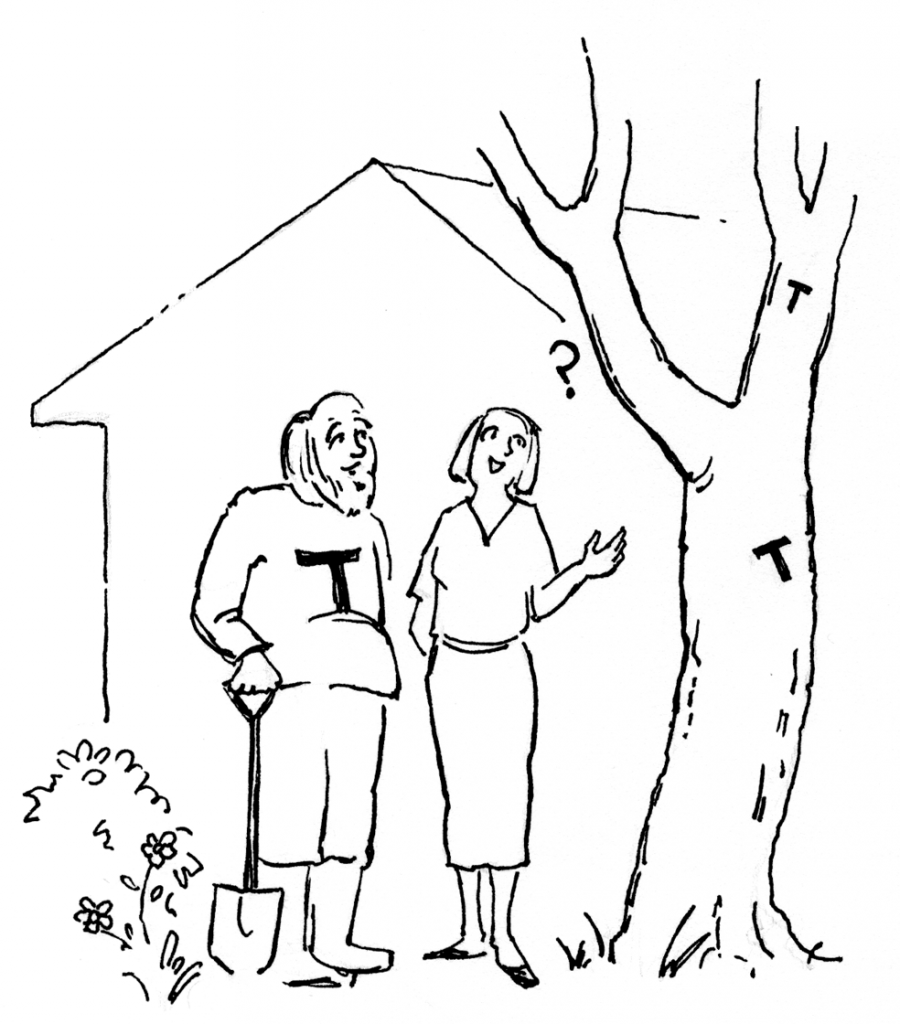
The Present Perfect tense is a challenge for many learners. If your first language doesn’t have a tense analogous to it, perfect tenses can seem mysterious and unnecessary. Nevertheless, there is a logic to the Present Perfect that is easy to understand.
Look at the following common errors, their corrections, and the explanation that follows. You will see that the Present Perfect is not so difficult as you might have thought.
INCORRECT: In the past few years, there was a great deal of controversy surrounding soy.
CORRECT: In the past few years, there has been a great deal of controversy surrounding soy.
Explanation: Use the Present Perfect to refer to an action during the time leading up the present. The keywords “In the past few years” indicates a time leading up to and including the present.
INCORRECT: Since then we hold a tournament each year.
CORRECT: Since then we have held a tournament each year.
INCORRECT: Also, she decided to become Japanese teacher since then.
CORRECT: Also, she has decided to become Japanese teacher since then.
Explanation: Use the Present Perfect to talk about an activity that started in the past and continues into the present. The keywords “since then” indicates a time leading up to and including the present.
INCORRECT: I am in Canada since 2013.
CORRECT: I have been in Canada since 2013.
Explanation: Use the Present Perfect to talk about an activity that started in the past and continues into the present. The keywords “since 2013” indicates a time leading up to and including the present.

INCORRECT: Did you live here since you are a child?
CORRECT: Have you lived here since you were a child?
INCORRECT: I speak French since a young age.
CORRECT: I have been speaking French since a young age. (Present Perfect Progressive)
CORRECT: I have spoken French since a young age. (Present Perfect Simple)
INCORRECT: I speak French, English, and I start learning Spanish.
CORRECT: I speak French, English, and I have started learning Spanish.
Explanation: Use the Present Perfect to ask about an activity or situation that started in the past and continues into the present. When you talk about starting to learn a language, you mean that you started learning in the recent past and you are continuing to learn the language now.

Copy and paste the errors listed above into the Virtual Writing Tutor grammar checker to see how to correct them.